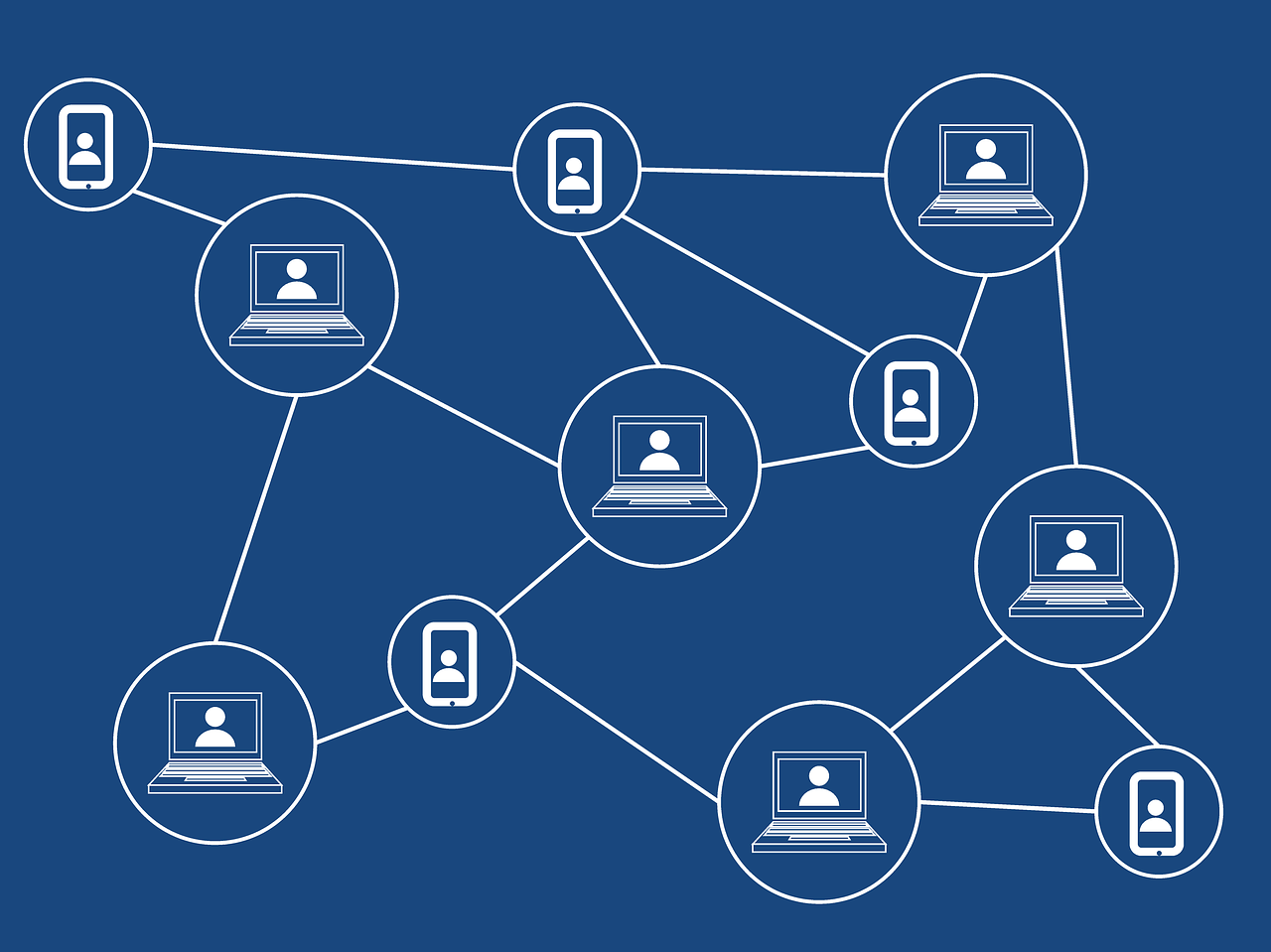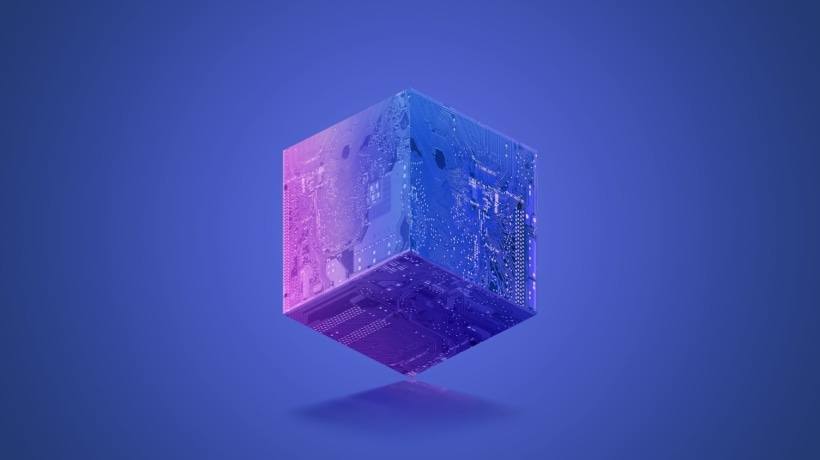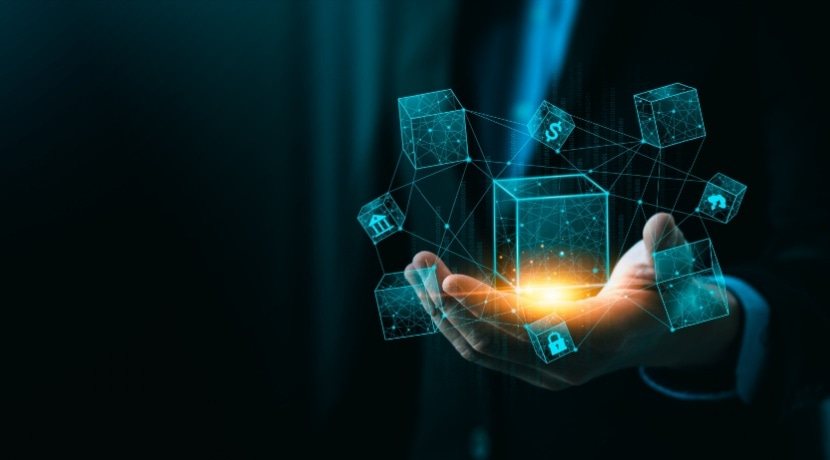All About Blockchain Technology In Education
If you’ve been following the news, you know that the current talk of IT town is blockchain. With Bitcoin hogging the headlines recently, blockchain technology, the framework the cryptocurrency is built upon, is slowly creeping into mainstream consciousness.
But What Exactly Is A Blockchain?
In a nutshell, a blockchain is a decentralized public ledger that, according to Investopedia, "allows market participants to keep track of digital currency transactions without central recordkeeping". Coindesk, which calls itself a "global resource on bitcoin and digital currencies", likens the blockchain to Wikipedia, where no single entity controls the information published therein.
The similarity, however, ends there because, unlike Wikipedia, a blockchain doesn't use a master copy that is controlled or updated by a single authority. Instead, every node or computer connected to the system gets a copy of the blockchain. Each node, then, updates the record independently, but everyone still arrives at the same result. More importantly, if a node breaks down or disappears, the blockchain still lives via the other nodes that already downloaded it.
For more information on blockchains, this interactive guide by Goldman Sachs is worth checking out.
Blockchain For Education
The digital experts at Salesforce believe that Bitcoin’s blockchain technology is poised to disrupt every industry, from land use to shipping, from manufacturing to prescription medication, from banking to government.
So, how exactly do blockchains figure into the education field? Below are a few examples:
1. Revamping The Knowledge Reward System
Startup Knowledge.io, which will soon launch its ICO (initial coin offering), is hoping to revolutionize the way knowledge acquisition and sharing is rewarded through its blockchain-based Knowledge Score system. The Knowledge Score monitors and measures a person’s proficiency on a wide range of topics.
Knowledge tokens are then disbursed as a reward for participating in what they call the "knowledge ecosystem". Unlike traditional academic points given to high achievers, knowledge tokens can be used to purchase products from the Knowledge.io marketplace and other external exchanges. (The Knowledge.io marketplace will initially carry over 300,000 products from their merchant partners.)
According to Marcia Hales, Knowledge.io’s Chief Operations Officer, "Textbooks and videos will be ingestible and Q&A sets will be automatically generated around them for use in education, training, continuing education, assessment, certification, and in other areas of academia. Additionally, through integration with COPPA compliance partners, children will be actively engaged in earning tokens to be applied to college tuition and other life improvement initiatives when they become of age".
2. Making Credentials More Credible
The Massachusetts Institute of Technology, through an app called Blockcerts Wallet, is now issuing virtual diplomas that their students can receive via their smartphones, in addition to the traditional paper certificate. The digital certificates are tamper-proof and can easily be shared with schools, employers, relatives, and friends.
Aside from blockchain technology, the app uses Touchstone, MIT’s identity provider, to ensure each diploma’s security.
Using IBM Blockchain via the IBM Cloud, Sony Corporation and Sony Global Education developed a platform that compiles and manages student records from several schools, which school administrators, recruiting firms, and other interested parties can use to verify the credibility of the credentials submitted to them.
With fake certifications and degrees being peddled on the dark web “for the price of a smartphone,” you can’t blame workforce managers and school personnel for choosing to err on the side of caution.
3. Keeping Records Safe And Easily Accessible In The Cloud
People misplace essential papers now and then, and they include students who lose their diplomas at the most inopportune time. And then, there are students from war-torn areas intending to continue their education elsewhere, and students of a school whose server breaks down or the data completely wiped out, for some reason. These and others who have trouble getting a copy of their school records can benefit from blockchain-encrypted credentials.
Final Word
Blockchain for education may be a new concept, but technologists already see a myriad of possibilities. Still, there are others who find more questions than answers – and understandably so. Much of what we know about blockchain today is based on our knowledge of or experience with Bitcoin. And given regulatory barriers and the bureaucratic intricacies of most school systems, it’s hard to predict whether educational institutions will adopt the technology.
But you have to remember that most of the groundbreaking concepts we enjoy today—the internet, outsourcing, telecommuting, online payment processing, and even eLearning—were met with the same initial trepidation. So, while the future of blockchain in education is hard to say with pinpoint accuracy, from this vantage point, it definitely looks exciting.









